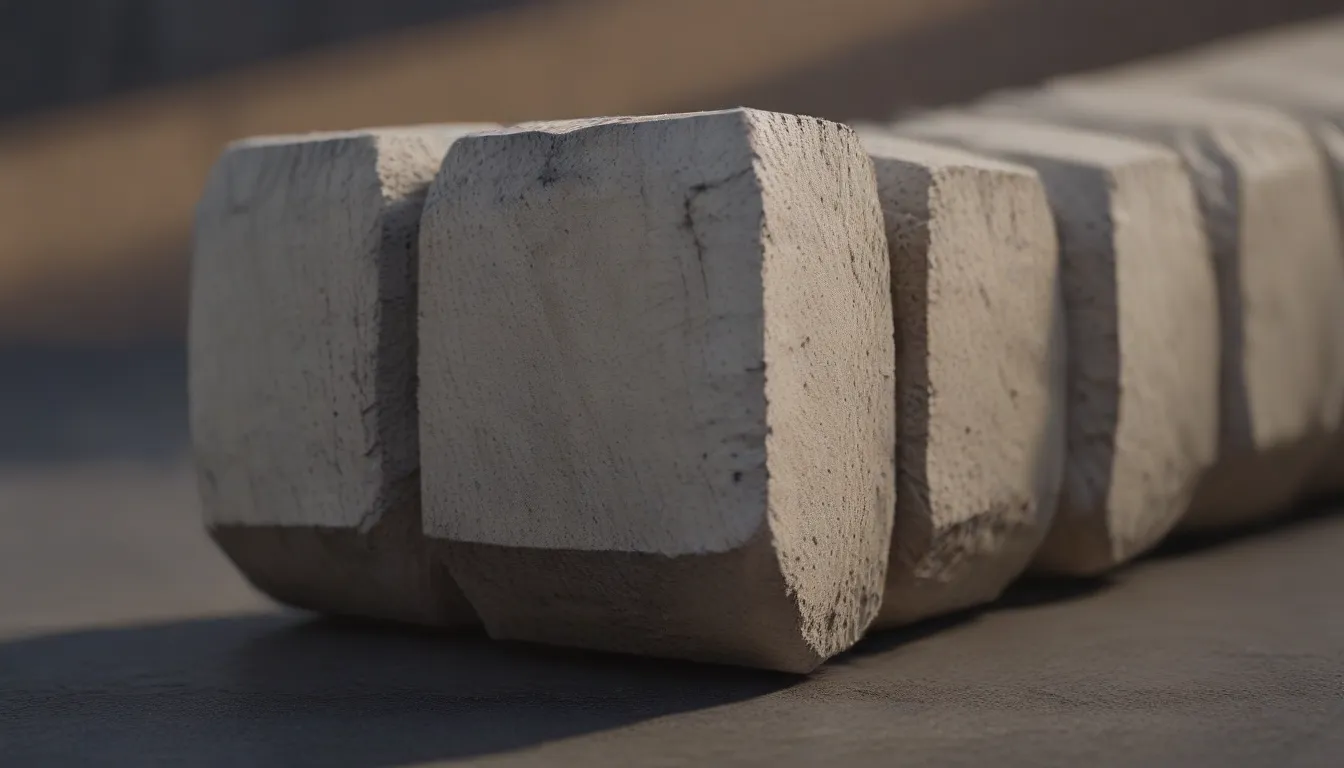Understanding the Differences Between Cement, Concrete, and Mortar

If you’ve ever found yourself confused about the distinctions between cement, concrete, and mortar, you’re not alone. These building materials are often mistaken as one and the same by DIY enthusiasts. However, each substance serves a unique purpose in construction and masonry projects.
Cement: The Building Block of Construction
Cement is a vital component in both concrete and mortar. It acts as the binding agent that holds together various building materials. The manufacturing process involves crushing materials like limestone, clay, shells, and silica sand, then heating them to high temperatures. This results in a finely ground powder known as clinker, which is mixed with other additives to create different types of cement.
- Portland Cement: Commonly used in construction, Portland cement is named after the color of stone from Portland’s quarries in England. It’s a hydraulic cement that sets and hardens when mixed with water.
Concrete: The Versatile Building Material
Concrete is a versatile building material used in various construction projects, from foundation walls to patios. It is made by mixing cement with sand, gravel, or other aggregates, and water to form a moldable material. Typically, metal reinforcement like wire mesh or rebar is added to enhance the strength and durability of concrete structures.
- Types of Concrete Mixes: Concrete mixes come in different forms, such as standard gravel mix, sand mix, topping mix, repair mix, and fast-setting mix. Each type is designed to suit specific project requirements.
Mortar: The Masonry “Glue”
Mortar is a mixture of cement, fine sands, and lime, used as the adhesive holding together bricks, blocks, and stones in masonry construction. While not as strong as concrete, mortar plays a crucial role in the structural integrity of buildings.
- Types of Mortar: Different types of mortar are available for various applications, such as Type S for joining bricks and blocks, grout for filling gaps between tiles, and thin-set for attaching ceramic and stone tiles.
How to Choose the Right Material for Your Project
When deciding between cement, concrete, or mortar for your construction project, consider the following factors:
- Strength: Concrete dries harder and stronger than mortar, making it ideal for projects that require durability.
- Waterproofing: Some mortars come with waterproofing additives, while others do not. Choose the appropriate type based on the specific needs of your project.
In conclusion, understanding the differences between cement, concrete, and mortar is essential for successful construction projects. Each material serves a specific purpose and plays a crucial role in building sturdy and long-lasting structures. By selecting the right material for your project, you can ensure the success and durability of your construction endeavors.





